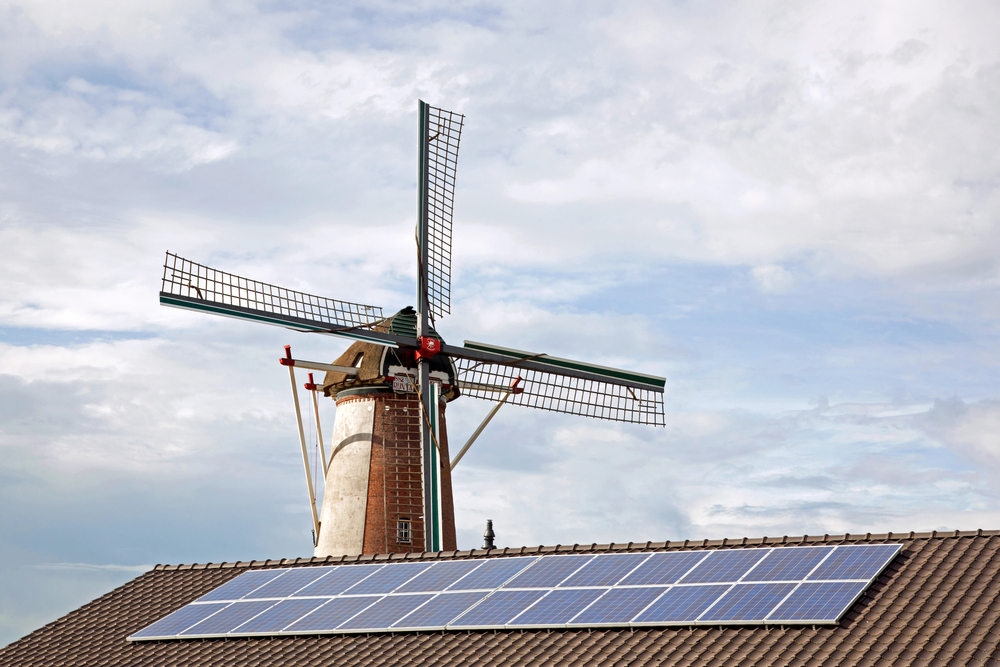Partner content
What to watch out for on your energy bills this spring

A lot is going on when it comes to domestic gas and electricity bills at the moment, and the situation is even more complicated if you have solar panels. Here’s a quick rundown of the main developments that might have an impact on how much your energy bills are every month.
The price of both electricity and gas continues to fall, so if you have a variable contract, you will probably notice a significant change at the next review date. Vattenfall clients, for example, will have seen that gas prices have gone down by almost 20% since January.
Around half of Dutch households now have a fixed contract, according to the consumer’s authority ACM, but should you think about switching to a variable one?
“If knowing how much you will pay every month is important to you, opt for a fixed contract which runs for six months or a year – and gives you security about how much you will pay,” says energy expert Koen Kuijper. “A variable contract is a good option if you are more concerned about having a cheap deal.”
Also worth noting, at the moment some fixed contracts are offering cheaper deals than variable ones. You can find out more about the current charges via energy comparison website energievergelijk.nl. They also have an English language tool.
Solar panels
If you have solar panels you are probably aware that changes to the way you are paid for feeding electricity back into the grid will not now go ahead. Senators rejected the government’s plan last month.
That means effective price of the excess electricity your panels produce will continue to be deducted from your energy bills. The government had wanted to stop that and introduce an actual payment instead.
However, energy firms are taking action themselves to cut the cost of this process – which is known as saldering in Dutch – and are introducing fees for the work that they do. In total, 11 providers have now introduced fees. Some of them charge a flat amount, others have variable charges which depend on how much electricity you feed back into the grid.
Eneco, Essent and Vattenfall have also hinted they might introduce charges. Comparison website energievergelijk.nl has an up-to-date listing of the firms which have introduced fees, and how much you can expect to pay.
Grid problems
Between 30% and 40% of the electricity generated via panels is used in the home where the panels are located and the rest flows back to the national grid.
But providers are struggling to deal with capacity on the grid itself. On sunny days, so much electricity is being produced by solar panels – one-third of all homes now have them – that it ends up getting wasted instead.
Energy firms are coming up with various ways to encourage their customers to make the best use of the electricity they produce, by doing the washing and charging the car during the day. Budget Energie, for example, is offering some customers free electricity on sunny summer weekends.
In fact, during the sunny spring last year, some Dutch solar households actually earned money by using as much energy as they could because of the shortage of grid capacity. Whether that happens this year will depend on the weather!
Thank you for donating to DutchNews.nl.
We could not provide the Dutch News service, and keep it free of charge, without the generous support of our readers. Your donations allow us to report on issues you tell us matter, and provide you with a summary of the most important Dutch news each day.
Make a donation